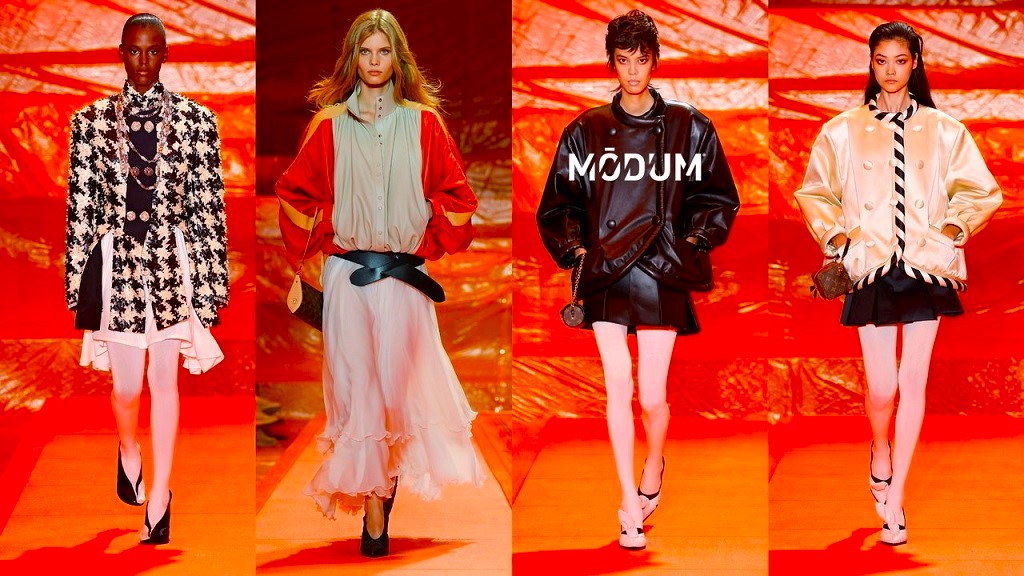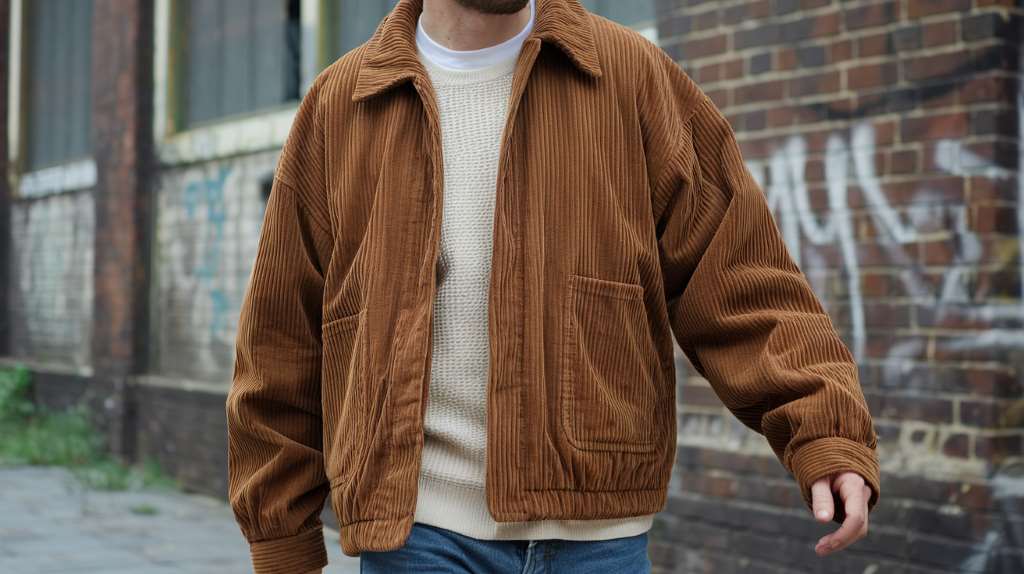Paris Fashion Week, held biannually in the French capital, is a global spectacle of creativity, innovation, and influence. As one of the “Big Four” fashion weeks alongside New York, London, and Milan, it commands the attention of industry insiders, fashion enthusiasts, and the media worldwide. This event serves as a platform for established fashion houses and emerging designers to showcase their latest collections, setting the trends that will shape the fashion landscape for seasons to come.
A Rich History
Paris Fashion Week’s origins trace back to the early 20th century when fashion shows were organized for private clients. Over the years, it evolved into the grand event we know today, attracting thousands of attendees and generating significant media coverage. The city’s historical association with haute couture and its reputation for fostering artistic expression have contributed to Paris Fashion Week’s enduring prestige.
The Fashion Week Experience
Paris Fashion Week is a whirlwind of activity, with numerous shows, presentations, and events taking place across the city. Renowned fashion houses like Chanel, Dior, and Louis Vuitton unveil their collections in opulent settings while emerging designers showcase their work in more intimate venues. The atmosphere is electric, with fashion editors, buyers, celebrities, and influencers vying for a glimpse of the latest trends.
Beyond the runway shows, Paris Fashion Week is an opportunity for networking and collaboration. Industry professionals connect with designers, brands, and retailers, forging relationships that can shape the future of fashion. The event also serves as a platform for discussing important issues like sustainability and diversity in the fashion industry.
Setting the Trends
Paris Fashion Week’s influence on global fashion trends is undeniable. The collections presented here often dictate the colors, silhouettes, and styles that will dominate the upcoming seasons. Fashion editors and buyers from around the world attend the shows to identify the key trends and make purchasing decisions for their respective markets.
The event also serves as a launchpad for new designers and brands. Emerging talents who make a strong impression at Paris Fashion Week can gain international recognition and attract the attention of major retailers. This exposure can be a game-changer for their careers, propelling them into the spotlight and opening doors to new opportunities.
The Digital Age
The advent of digital technology has transformed the way Paris Fashion Week is experienced and shared with the world. Livestreams, social media updates, and online platforms provide real-time access to the shows, allowing fashion enthusiasts from all corners of the globe to participate in the excitement.
Influencers and bloggers play a crucial role in amplifying the event’s reach and sharing their perspectives and insights with their followers. This democratization of fashion has made Paris Fashion Week more accessible than ever before, blurring the lines between industry insiders and the general public.
Read More: Signet Rings with Crests: A Mark of History and Personal Style
Beyond the Runway
While the runway shows are undoubtedly the main attraction, Paris Fashion Week offers a wealth of experiences beyond the fashion presentations. The city itself becomes a hub of creativity, with numerous events and exhibitions celebrating fashion and design.
Museums and galleries showcase fashion-related exhibitions, while pop-up stores and concept spaces offer unique shopping experiences. Street style photography captures the sartorial choices of attendees, providing a glimpse into the personal style and trends that emerge organically during the event.
Economic Impact
Paris Fashion Week’s economic impact on the city and the country is substantial. The event generates significant revenue through tourism, hospitality, and retail sales. The influx of visitors during fashion week boosts the local economy, creating jobs and supporting businesses across various sectors.
Furthermore, the event reinforces Paris’s position as a global fashion capital, attracting talent and investment to the city. The fashion industry’s presence in Paris contributes to its cultural vibrancy and its reputation as a center for creativity and innovation.
Challenges and Opportunities
While Paris Fashion Week remains a powerful force in the fashion world, it also faces challenges and opportunities. The industry’s environmental impact and issues of sustainability have come under increased scrutiny in recent years.
Fashion Week organizers and participants are increasingly adopting sustainable practices, such as using eco-friendly materials and reducing waste. There’s a growing emphasis on ethical sourcing and responsible production, reflecting a shift towards a more conscious and sustainable approach to fashion.
Diversity and inclusion are also areas where the fashion industry is striving to make progress. Paris Fashion Week has seen an increase in the representation of models from diverse backgrounds, and efforts are underway to promote inclusivity across all aspects of the event.
The Future of Paris Fashion Week
As the fashion industry continues to evolve, Paris Fashion Week is poised to adapt and innovate. The integration of technology, the focus on sustainability, and the pursuit of diversity will likely shape the event’s future.
The rise of digital platforms and virtual experiences may offer new ways to engage audiences and expand the event’s reach. The emphasis on sustainability and ethical practices will likely become even more pronounced, driving innovation and responsible production.
Paris Fashion Week will undoubtedly continue to inspire, influence, and set the trends that shape the global fashion landscape. As a celebration of creativity, innovation, and cultural exchange, it remains an essential event for anyone passionate about fashion and its impact on the world.
Conclusion
Paris Fashion Week is more than just a series of runway shows. It’s a cultural phenomenon that reflects the dynamic nature of the fashion industry and its influence on society. As we look to the future, this iconic event will continue to evolve, adapt, and inspire, ensuring that Paris remains at the forefront of global fashion for generations to come.




